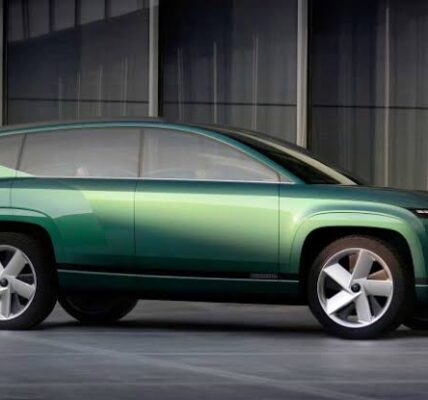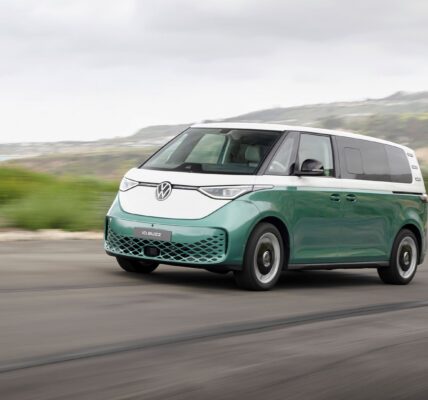An escalating trade spat between the United States and Europe threatens to overshadow the Biden administration’s gains on the electric vehicle front.
Before the ink could dry on the $369 billion investment in clean energy that President Joe Biden signed into law in August, European leaders started panicking over a provision requiring key technologies, such as batteries for electric cars, to be made in the U.S.
European leaders say the “made in America” requirement is protectionist and ultimately harms Europe’s domestic clean energy industries. French President Emmanuel Macron is slated to arrive in Washington this week in hopes of persuading Biden to take European concerns seriously and avoid a trade war.
The U.S. has demonstrated little interest in backing away from the law’s domestic manufacturing provisions, which are intended to spur job creation. Former Vice President and current climate campaigner Al Gore today defended the law and encouraged Europe to instead “match what the U.S. has done.”
What has the U.S. done?
As of June, car buyers in the United States have bought a cumulative 2.9 million EVs. The second quarter of this year saw a record 230,000 EVs sold, which was 14 percent more than the prior quarter record, according to a report published today by Atlas Public Policy.
EVs in that quarter made up 7 percent of light-duty sales — a massive jump compared with last year’s market share of approximately 4 percent. In recent months, automakers have announced more than 115,000 jobs and $82.1 billion in EV manufacturing in the U.S.
But building out a domestic supply chain for the critical minerals needed to build EVs continues to be difficult. In 2021, the country imported more than 25 percent of its lithium, 48 percent of its nickel, 76 percent of its cobalt, and all its graphite and manganese, Atlas Public Policy found.
Sourcing these minerals inside the country also comes with a host of environmental justice concerns. Deposits of the vast majority of all five critical minerals are located within 35 miles of Indigenous reservations.
While mining safety requirements have improved in recent decades, mining can still cause environmental degradation and disruption to cultural sites.








